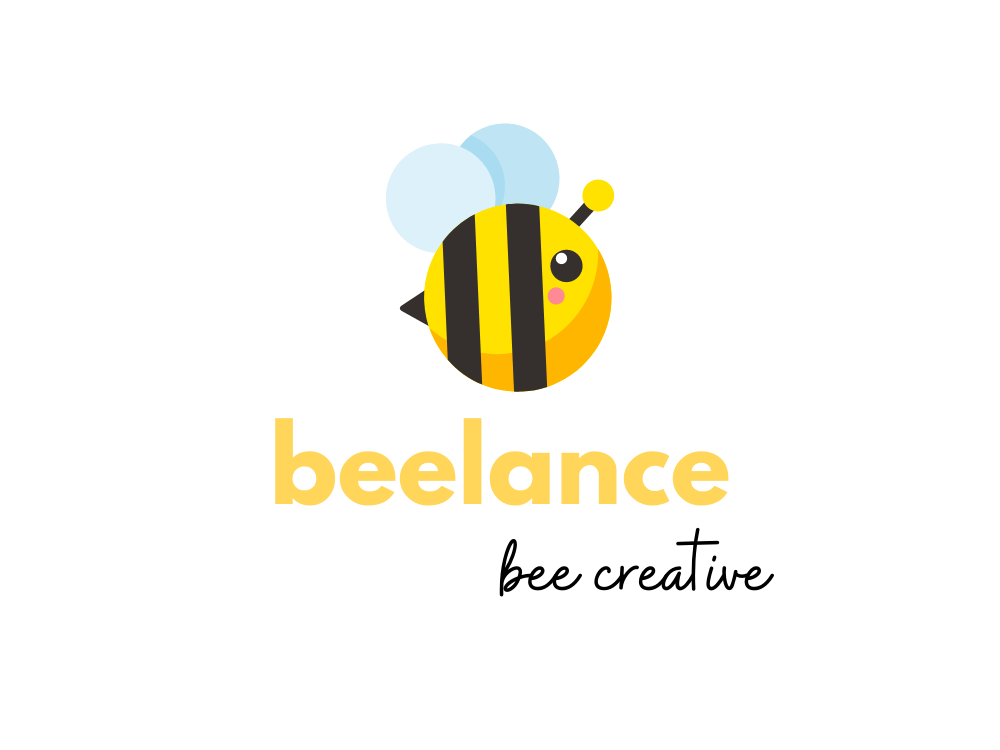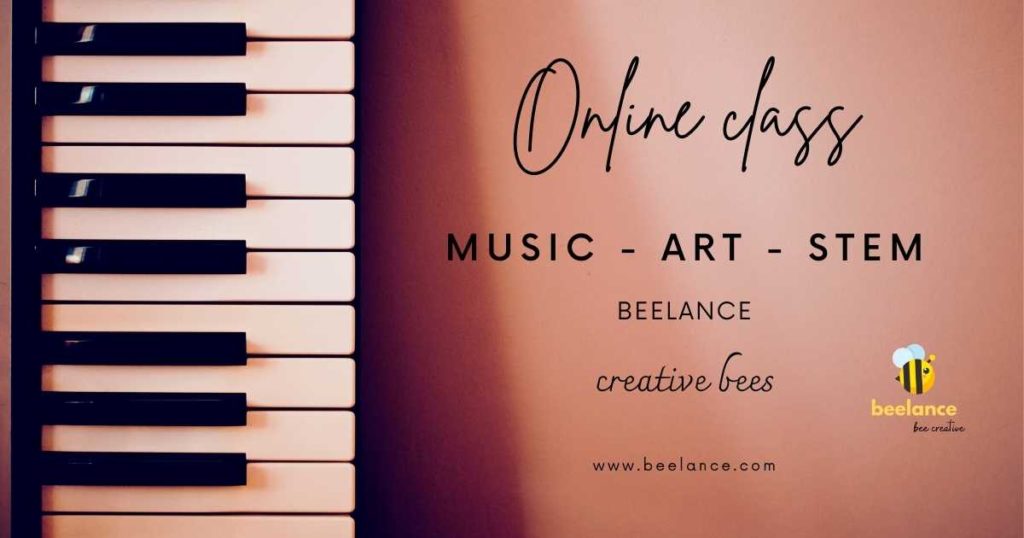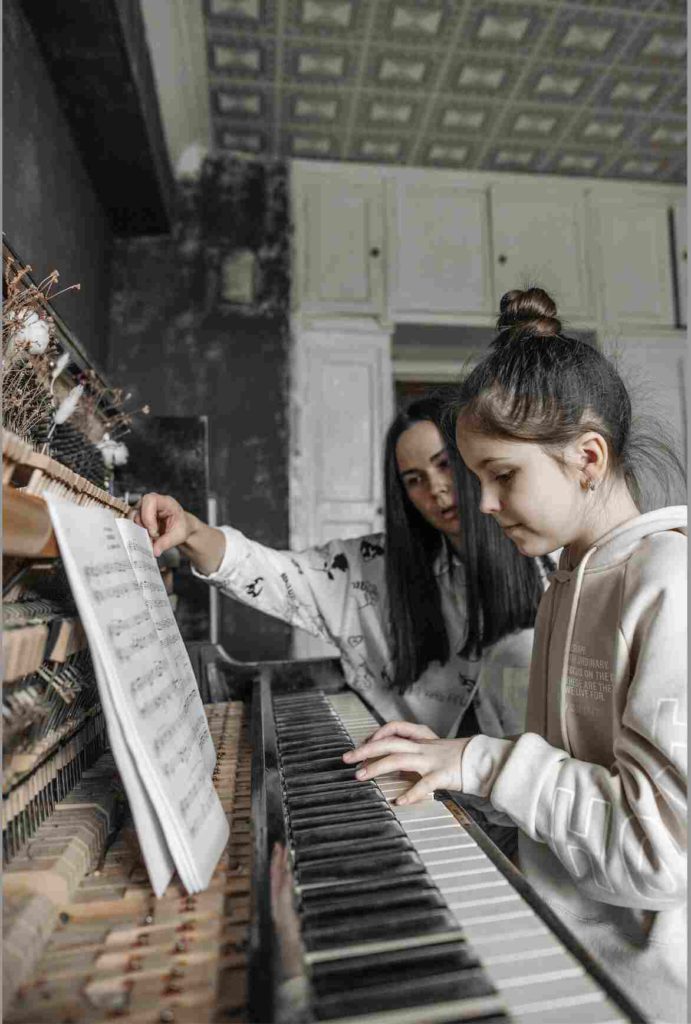Learning piano online can be a good way to practice, as long as you have access to high-quality lessons and resources. Online piano lessons can be more convenient and flexible than in-person lessons, and can also be less expensive. However, it’s important to find a reputable teacher or course, and to have access to a piano or keyboard to practice on. Additionally, it’s important to be self-motivated and disciplined, as online learning can be less structured and may require more self-direction. This blog is about the pros and cons of learning piano online.
The pros of learning piano online
There are several pros to learning piano online, including:
- Convenience: Online piano lessons can be taken from anywhere, at any time, making it easy to fit practice and lessons into a busy schedule.
- Variety: There are many online piano teachers and courses available, which can offer different teaching styles, methods, and levels of instruction.
- Affordability: Online piano lessons can be less expensive than in-person lessons.
- Accessibility: Online piano lessons can be a good option for people who live in remote areas or who have mobility issues.
- Flexibility: Online piano lessons can be customized to the student’s learning style and pace.
- Recording and replaying the lessons: The ability to record the lessons and replay them as many times as you want.
- Access to sheet music and other materials: many online piano courses offer sheet music, videos, and other resources that can supplement your learning.
Why learning piano in traditional way sometimes scares some people
Some people may be intimidated by the traditional way of learning piano because they feel it is too formal or rigid. They may also feel overwhelmed by the technical aspect of piano playing such as reading sheet music, proper hand positioning, and finger technique. Additionally, some people may have had negative experiences with piano lessons in the past, which can make them hesitant to try again. It can also be due to lack of confidence in their own ability to learn and perform music.
The cons of learning piano online
However, there are also some cons to learning piano online, including:
- Lack of personal interaction: Online piano lessons do not provide the same level of personal interaction as in-person lessons, which can make it harder to get feedback and guidance.
- Limited ability to ask questions: Online piano lessons may not provide the same opportunities for students to ask questions and get answers in real-time as in-person lessons.
- Lack of structure: Online piano lessons may not have the same level of structure as in-person lessons, which can make it harder for some students to stay motivated and on track.
- Limited access to physical piano: Online piano lessons can be done with virtual piano software but not having a physical piano to practice on can be challenging.
- Limited ability to correct posture and technique: Online piano lessons may not provide the same opportunities for instructors to observe and correct a student’s posture and technique as in-person lessons.
- Lack of accountability: Without the structure of in-person lessons, it can be easy for students to procrastinate or miss practice sessions.
- Quality of the lessons: Not all online piano teachers and courses are created equal, and it can be difficult to find high-quality instruction online. It’s important to research and find a reputable teacher or course.
The most disadvantage of learning piano online
One of the main disadvantages of learning piano online is the lack of direct interaction with a teacher. Without the guidance and feedback of a trained instructor, it can be difficult for students to develop proper technique and form. Additionally, online piano lessons may not provide the same level of personalized instruction as in-person lessons, which can make it harder for students to progress at their own pace and address specific areas of difficulty. Furthermore, some people may find it difficult to stay motivated and engaged when learning piano online, as it can be easy to become distracted or lose focus when working independently.
Bottom line
When deciding between learning piano online or in a traditional way, it’s important to consider your personal learning style and goals. Here are a few factors to consider:
- In-person lessons: If you prefer face-to-face interaction, in-person lessons may be the best option for you. With an in-person teacher, you can receive immediate feedback and guidance on your technique and form. This can be particularly beneficial for beginners who may need extra help with basic concepts and techniques.
- Online lessons: If you prefer self-paced learning or have a busy schedule, online lessons may be more convenient for you. Online lessons allow you to learn on your own time and at your own pace, and can be accessed from anywhere with an internet connection.
- Cost: In-person lessons may be more expensive than online lessons, but the cost may depend on the teacher, location, and your budget. Online lessons can be a more budget-friendly option.
- Goals: Consider what you want to achieve by learning piano. If you’re a beginner and just want to learn basic piano skills, online lessons may be sufficient. But if you’re looking to pursue a career in music or want to perform at a high level, in-person lessons may be a better fit.
Ultimately, the best option will depend on your individual preferences and needs. It may be helpful to try both options and see which one works best for you.
Read more about learning piano blogs!



